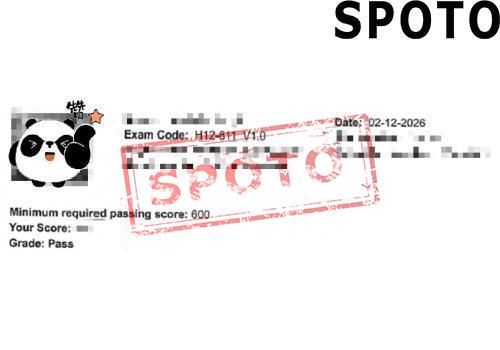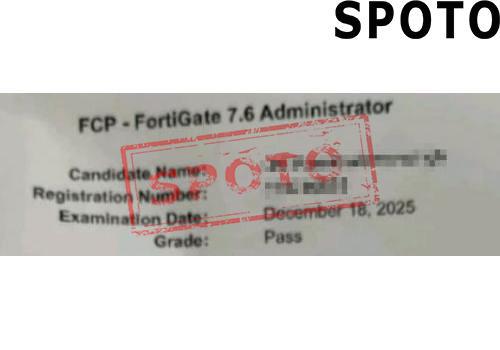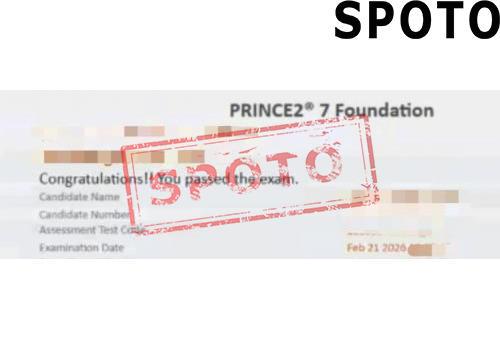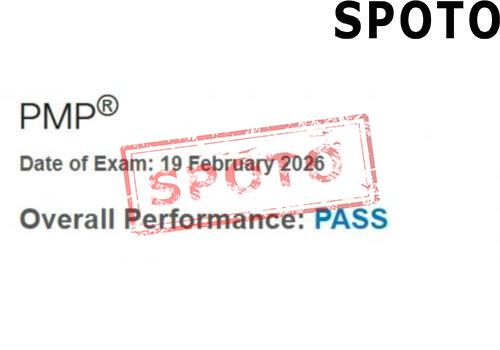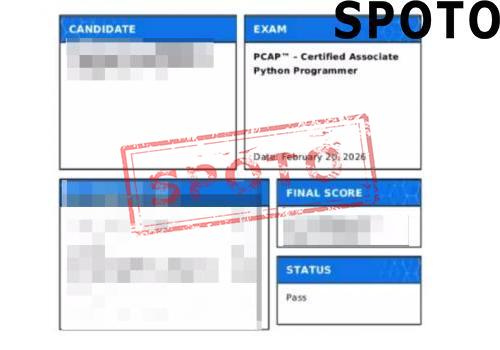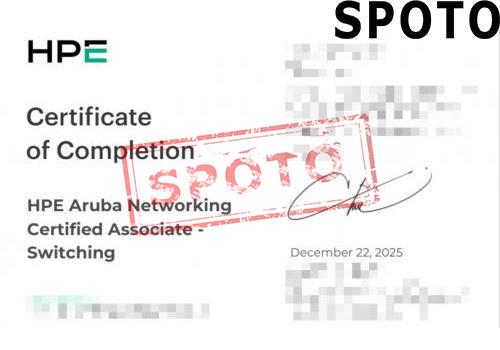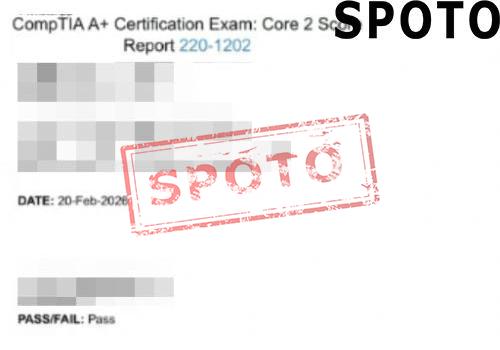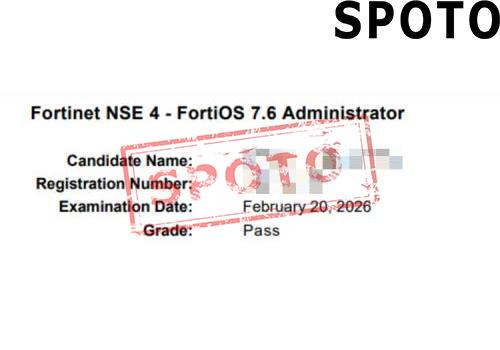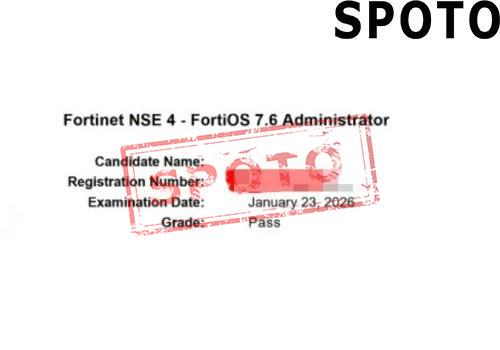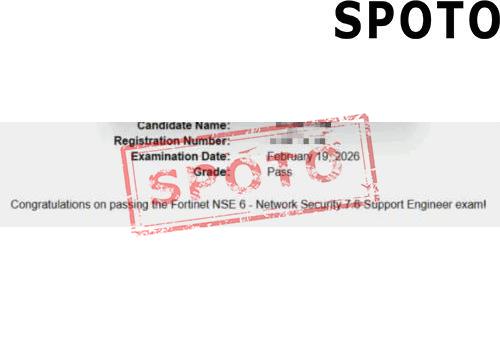
Table of Contents
- 1. What is Project Management Professional certification?
- 2. Benefits of having Project Management Professional certification
- 3. Details of the Project Management Professional certification
- 4. What Are the PMP Certification Eligibility Requirements?
- 5. Similar certifications of Project Management Professional certification
Curious about the Project Management Professional (PMP) certification? This article explains exactly what the PMP is, delves into its detailed components, and outlines the requirements to earn it. Read on to gain a thorough understanding of this globally recognized project management credential
1. What is Project Management Professional certification?
Project Management Professional (PMP) is a globally recognized authoritative certification in the field of project management launched by the Project Management Institute (PMI). It aims to verify the professional knowledge and practical ability of practitioners in the whole process of project planning, execution, monitoring, and closing. PMP certification is based on A Guide to the Project Management Body of Knowledge developed by PMI. The guide integrates the best practices in the field of global project management, covering ten knowledge areas such as scope management, time management, cost management, risk management, and five process groups.
2. Benefits of having Project Management Professional certification
The benefits of having a PMP certificate are reflected in multiple dimensions such as professional competitiveness, ability improvement, and industry recognition. As a globally accepted "workplace pass", PMP is recognized in more than 190 countries and regions. It is an important screening standard for multinational companies, large projects, and high-end job recruitment. In core projects in industries such as IT, finance, manufacturing, and new energy, PMP certificate holders are often given priority for recruitment. Whether it is a full-time project manager, project coordinator, technical position transfer management, or a business position involved in a project, the PMP certification can prove that they have a systematic project management mindset and are suitable for a variety of positions that need to "promote the implementation of goals." According to the PMI Global Salary Survey, the average salary of PMP certificate holders is 23% higher than that of non-certificate holders. In China, the salary of PMP-certified project managers in first-tier cities is generally 15%-30% higher than that of non-certificate holders with the same experience, especially in high-paying industries such as the Internet and finance, the premium is more obvious. Having a PMP certificate can also systematically master project management methodology and improve practical ability. Based on the PMBOK Guide, PMP integrates the best practices of global project management, covering ten knowledge areas such as scope, time, cost, risk, and stakeholders, as well as five process groups. Through this framework, certificate holders can transform fragmented experience into a systematic methodology to avoid "managing by feeling". A large number of scenario questions in the exam simulate complex scenarios in real projects, and the preparation process can train practitioners' practical thinking and ability. In the team, certificate holders are more likely to be recognized as reliable leaders. Having a PMP certificate can also enhance industry recognition and professional voice, and gain the trust of the team and management. PMP certificate holders can join the PMI community or local project management association, contact industry veterans, participate in high-end project exchanges, and obtain more resource docking and knowledge updates. In addition, in internal promotions within the company, PMP is often regarded as a proof of "management potential". After technical employees pass the PMP exam, their success rate in becoming project managers is higher; grassroots project managers holding PMP are more likely to be promoted to management positions such as project directors and department heads.
3. Details of the Project Management Professional certification
The PMP exam is a computer-based, closed-book exam with 180 multiple-choice questions and a duration of 230 minutes. The exam content is based on the latest version of the PMBOK Guide, focusing on project management principles, performance domains, tailoring capabilities, and agile practices. It should be noted that PMI does not publish specific scores, only "pass" or "fail". To maintain the validity of your PMP certification, you must earn 60 Professional Development Units (PDUs) every three years.
4. What Are the PMP Certification Eligibility Requirements?
(1) Education or experience requirements
Candidates holding a bachelor's degree (or equivalent) require a minimum of three years of distinct, documented project management experience. All candidates, regardless of academic background, must complete at least 35 hours of formal project management education delivered by a PMI Authorized Training Partner (ATP) and provide proof of completion.
(2) Registration and Pass the exam
Initial Exam Fee: $575 (Non-members) / $405 (PMI Members)
Re-Examination Fee: $375 (Non-members) / $275 (PMI Members)
(3) Maintain certification:
The PMP certificate has a shelf life of three years, and you need to renew it after three years. The renewal fee is $150.
5. Similar certifications of Project Management Professional certification
- Certified ScrumMaster (CSM)
- PMI Agile Certified Practitioner (PMI-ACP)
- Certified Project Manager (CPM)
- PRINCE2 (Projects IN Controlled Environments)
